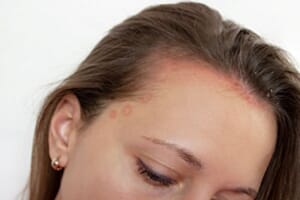New German research has found that the human skin has its very own skin clock and that using this clock could help make psoriasis treatments more effective.
The skin clock is responsible for time-based control of skin repair and regeneration, according to the Berlinand and Hamburg-based study published in the August edition of Proceedings of the National Academy of Sciences (PNAS).
The researchers took cell samples (keratinocytes) from the uppermost layer of skin from young, healthy test persons at various times of the day. They found that factors of regeneration and repair were regulated by a biological skin clock. In particular a skin molecule called Krüppel-like-factor (Klf9) slows down cell division in the keratinocytes.
[quote]When the researchers reduced activity of this molecule, faster skin growth occurred. Conversely when Klf9 activity was increased, skin cell division decreased and growth was slowed.[/quote]
It's known that the stress hormone cortisol effects the activity of Klf9, which is why stress can cause outbreaks of psoriasis.
The researchers found that the Skin Clock controlled the exact timing of various skin processes like cell division, cell differentiation and DNA repair in skin.
They concluded that if medications for skin conditions like psoriasis were used in sync with this Skin Clock instead of at un-related schedules, they would be more effective.







